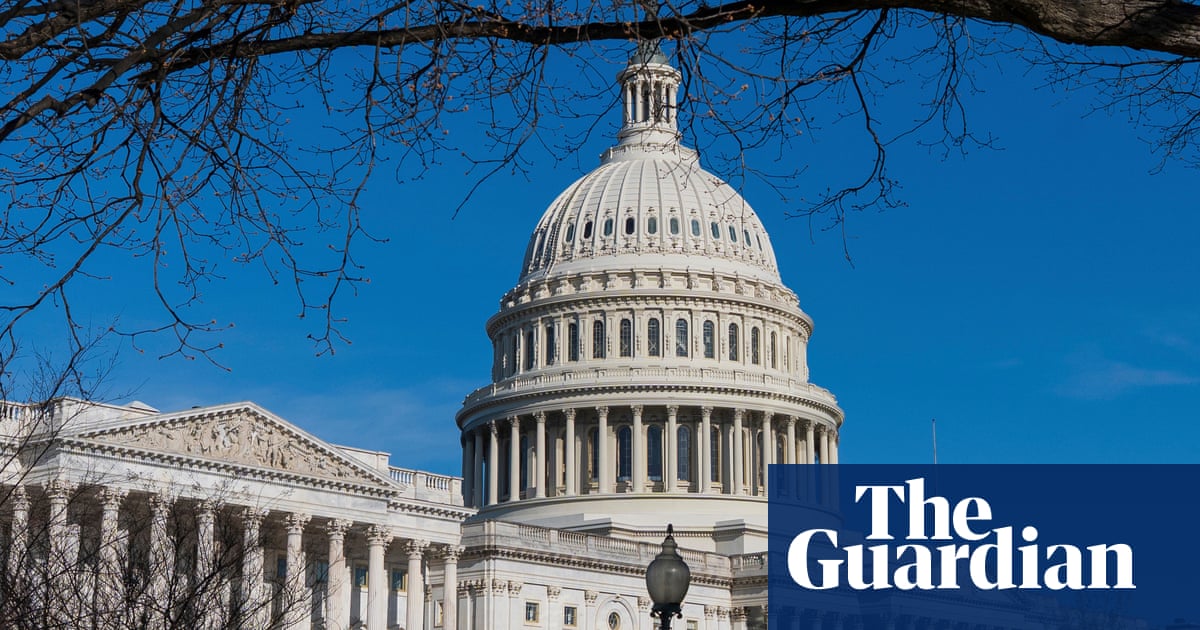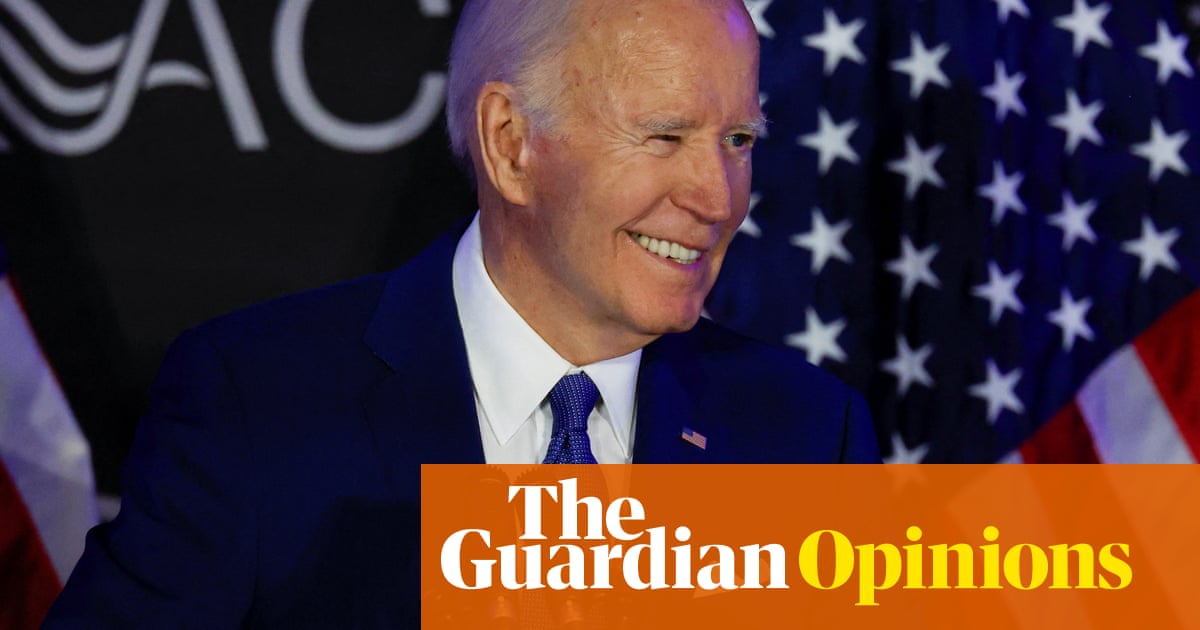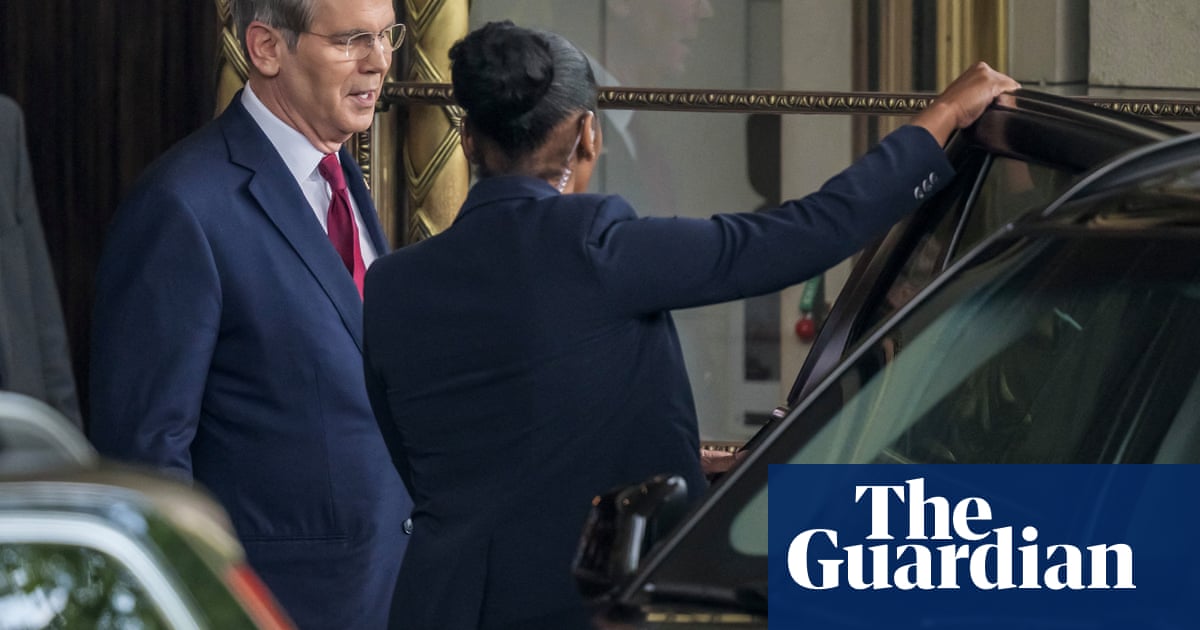In the wake of a brutal set of local election results, MPs from across the Labour party are trying to establish what went wrong. To me, it’s very clear that this was no fluke: it was the entirely foreseeable outcome of my party’s approach to Reform UK. And as the party moves forward and prepares to face Reform at future elections, it’s key that we learn the right lessons.
From flip-flopping on climate commitments to framing disabled people as part of the undeserving poor, Labour thus far hasn’t challenged Reform’s worldview – it has legitimatised it. However, there are some perhaps surprising areas where Labour isn’t copying Reform: public ownership of water for one.
While keen to outbid them on immigration, we seem remarkably reluctant to do the same for the ownership of water, despite high levels of support for such a policy. The Reform party – never one to let principle get in the way of populism – has now reinvented itself as a champion of public infrastructure, with a plan that would see the government and British pension funds owning the companies that supply water and energy. That’s the playbook of rightwing populists: ideological coherence is optional. If it polls well, claim it.
Public anger is hardly a surprise. Private water companies have drained the system dry. Since privatisation, they’ve paid billions in dividends to shareholders while piling up debt, polluting rivers and neglecting infrastructure. Sewage spills into our waterways have become routine. Reservoirs have been sold off. Executive pay has soared. And still, prices rise for the rest of us. Regulators – supposed sentinels of public interest – have acted more like apologists.
As issues go, this could have been written for Reform. The state of English water taps into something deep – something visceral. It has become a symbol of a rigged economy, a failed regulatory state and a political class that either can’t or won’t fix what it broke. In the eyes of many, the system is rotten, the profiteers are protected, and no one in power is willing to take them on.
And yet Reform is part of the same neoliberal project that caused and benefits from this 40-year malaise. Behind both the party and the private ownership of water companies are the same types of forces that have turned life’s essentials – housing, energy, water – into speculative gambling chips, where the house always wins and the public always loses. Labour should be contesting this ground by relentlessly pummelling their hypocrisy, and blaming the Tories for being the architects of it all, while offering a real alternative.
It’s an open goal, with the public crying out for the bold change promised in our manifesto. What they got instead was the Water (Special Measures) Act – a measure as underwhelming as its name. Touted as a landmark intervention, in truth it landed with all the heft of a damp sponge. Feargal Sharkey, the rock star turned river-activist and de facto conscience of the nation’s waterways, dismissed it as a missed opportunity for leadership. “Nothing but playground politics masquerading as policy,” he wrote. “Since when has rearranging the deckchairs, regurgitating an existing, failed 30-year-old bit of legislation been seen as progress?”

As Thames Water teeters on the edge of collapse – under the weight of its own reckless finance model – the government had another chance to act. To rewrite the rules of the game. But again, it flinched. Instead of a public conversation about reclaiming essential infrastructure, we got another review. This one is led by Sir John Cunliffe, a former deputy governor of the Bank of England whose career suggests he is at home with the idea that the economy should be run in the interests of “wealth creators”: banks, private equity, financial speculators – the very orthodoxy that created this mess.
Crucially, public ownership was ruled out before the review had even begun.
This was no accident. It was a calculated abdication – a decision to preserve the financial status quo rather than challenge it and surrender to market dogma, corporate extractionism and price-gouging. By ruling it out, the government signals that it’s more comfortable tweaking the edges than challenging the system that caused the crisis in the first place.
And when that system appears to include collusion with private water companies and cosy ties with foreign investment companies like BlackRock, it’s no wonder people feel shut out. No wonder Reform voters feel justified in denouncing Labour as just another establishment party protecting the powerful from the people. What other conclusion is there when Labour is overseeing a continuation of the same technocratic politics that got us here? Where government appears to manage only in the interests of the wealthy, financial giants and corporations. For how else does a Labour government conclude that pensioners and disabled people should be sacrificed to preserve a fiscal rule created to ensure the maintenance of wealth for those who already have it?
Labour must reconnect with the understanding that the public are not cogs for the benefit of an abstract economy. They are the economy. Until we remember this, our current approach is not just bad strategy – it’s bad for democracy. Because when voters see politicians working closely with the same kinds of firms that crashed the economy or cashed in during the pandemic, trust collapses. And without bold, people-first, democracy deepening ideas, Labour risks becoming part of the problem it promised to fix.
Four years out from the next general election, there still remains a clear path forward. Labour must rediscover its courage and reorient itself around economic democracy – public ownership that listens, responds, and empowers communities. The evidence is overwhelming that voters seek meaningful change, not more of the same dressed in the language of pragmatism.
The alternative, as the local election results underline starkly, is continuing electoral punishment from an electorate weary of unmet promises and compromised principles. If Labour truly wishes to deliver on its promise of national renewal, it must abandon the hollow rhetoric of “tough choices” and embrace genuinely transformative ones – starting with water. This means more than just traditional renationalisation: we need public ownership where workers, customers and the new devolved strategic authorities own and run the service, and a citizens’ assembly, giving the public a real say on the shape and structure of English water in the future. Because Nigel Farage offers people an agenda of fake reform. If Labour wants to beat him, it must offer the real thing.
-
Clive Lewis is the Labour MP for Norwich South

 4 hours ago
6
4 hours ago
6













































